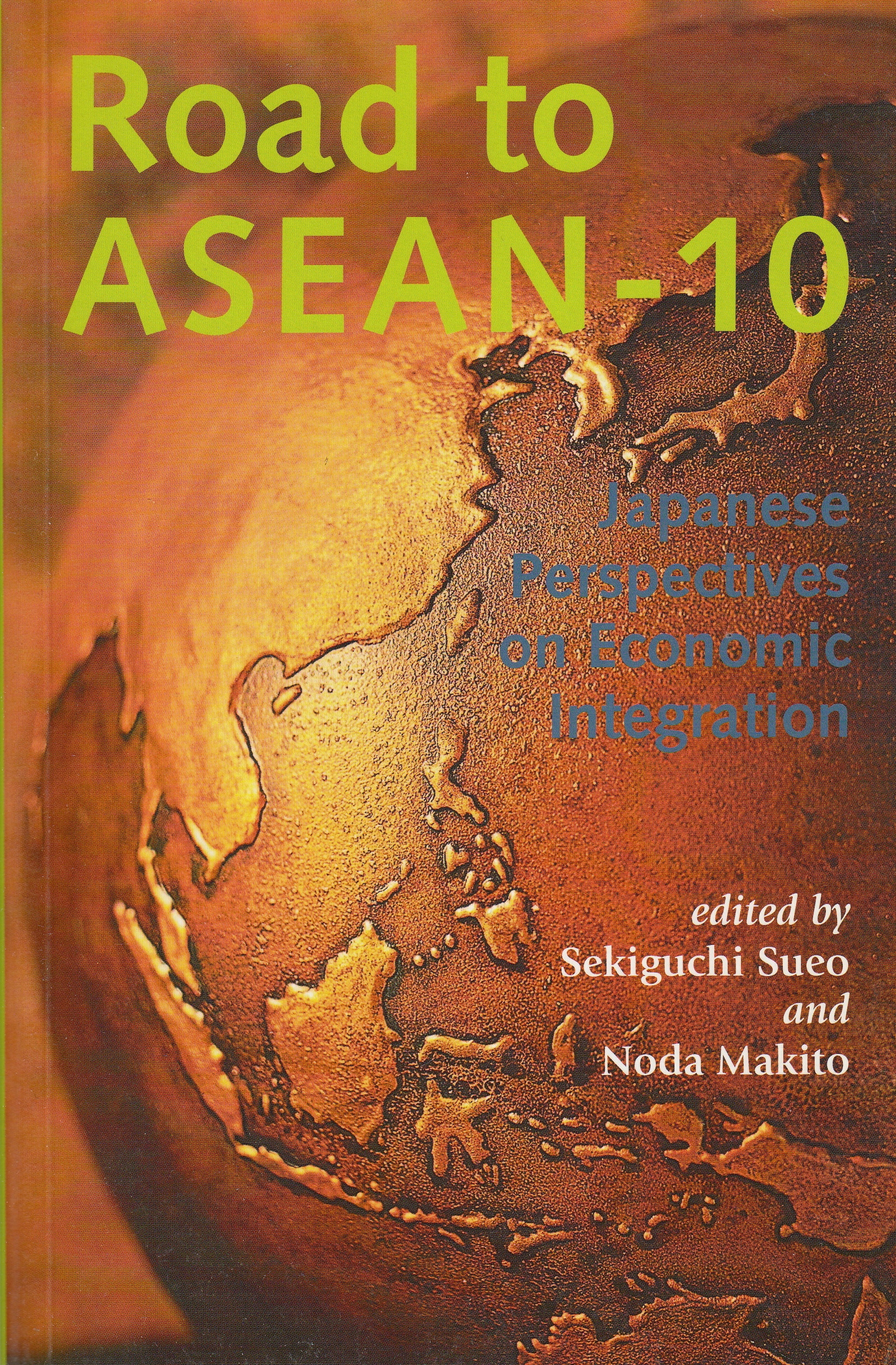This JCIE study examines some of the economic challenges facing the Association of Southeast Asian Nations (ASEAN), an organization in transition whose original raison d’être was anticommunism but whose membership now places top priority on economic cooperation to accelerate development. This volume of essays by seven Japanese economists and political scientists looks at the long-term prospects of the ASEAN-10 economies and their relations with major trading partners. It also considers the meaning of the ASEAN-10—the unification for the first time of the entire Southeast Asian region under one institution.
ASEAN has bolstered members’ bargaining power in negotiating with the rest of the world and the voice of the association is more important than that of any one member. Nonetheless, whether or not ASEAN as an institution has contributed significantly to its members’ economic development is debatable. ASEAN may have contributed to creating a favorable investment climate in the region, but the overall impact on growth of intraregional trade has been modest.
Member economies depend more on trade with nonmembers and most members make efforts to protect similar industries. Critics say that ASEAN economies’ growth has depended more on increased factor inputs than on technological progress and that ASEAN’s expansion in membership will likely lead to problems due to the relative underdevelopment of the new members relative to the old members.
Yet the volume is optimistic about ASEAN economies’ medium- and long-term growth potential. This is particularly so if resources are reallocated from traditional industries to more sophisticated sectors in economies such as Malaysia and Thailand. Then the most labor-intensive sectors could smoothly transition to Vietnam and the newest members of Cambodia, Laos, and Myanmar.
This publication was the result of a study on the “Prospects of ASEAN10 and Its Implications on Regional International Relations,” which was carried out as part of the Global ThinkNet Fellows program.
Available for purchase from Brookings Institution Press and other online retailers
Contents
- 1. Introduction
- Sueo Sekiguchi, Professor of Economics, Seikei University
- 2. The ASEAN-10 and Regional Political Relations
- Takeshi Takano, Associate Professor of International Relations, Faculty of Administration, Prefectural University of Kumamoto
- 3. ASEAN in APEC
- Fumio Yoshino, Associate Professor of Economics, Takushoku University
- 4. International Capital Movements and Financial Networks
- Hidenobu Okuda, Associate Professor of International Economics, Graduate School of Economics and APEC Study Center, Hitotsubashi University
- 5. Intraregional Trade: Transitions and Outlook
- Junko Takeuchi, Senior Researcher, Sakura Institute of Research
- 6. Foreign Direct Investment and Economic Cooperation
- Junko Takeuchi
- 7. Vietnam in ASEAN
- Takahiro Kashiwagi, Assistant Manager of the Legal and General Affairs Department, Furukawa Electric Co., Ltd.
- 8. The Role of Nonstate Actors in Building an ASEAN Community
- Makito Noda, Chief Program Officer and Director for Research Coordination, JCIE
- 9. Prospects for Intra- and Extraregional Relations
- Sekiguchi Sueo

